Minor Global Studies and Decolonial Critiques
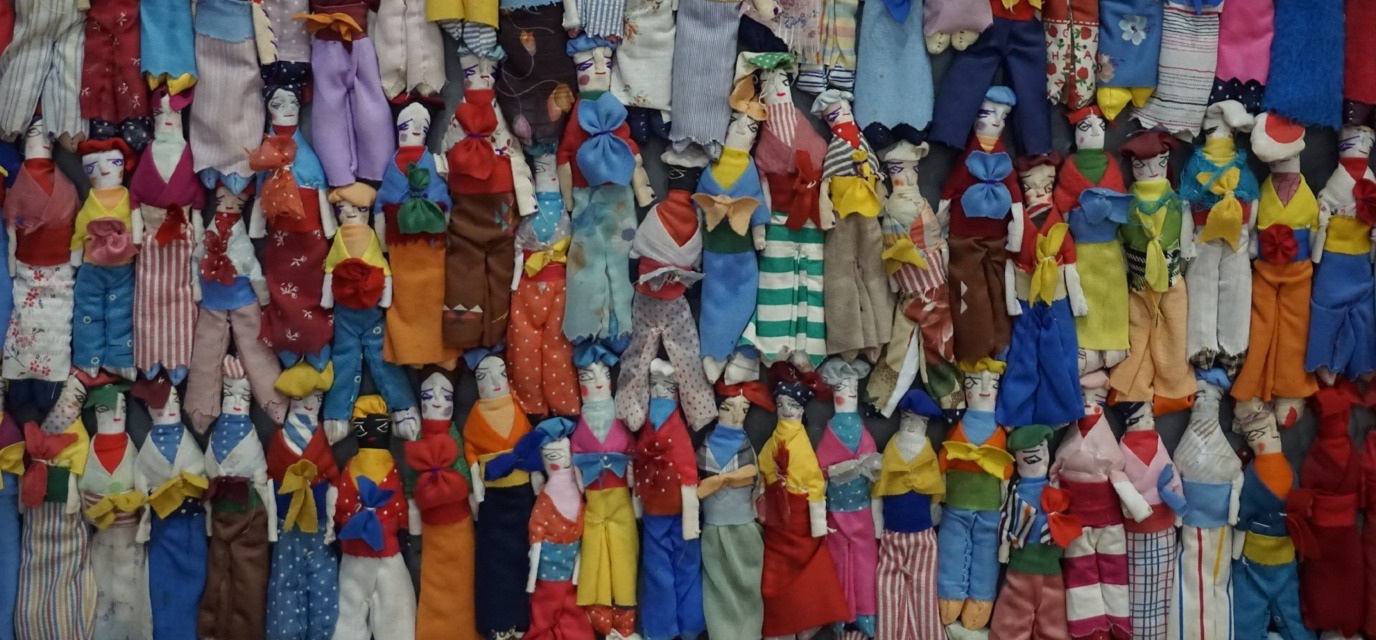
This Minor introduces you to the notion of decolonization, its meaning, the theories behind it, and its application to international "development."**
Throughout the programme, we will approach decolonization by consciously and proactively teaching a diversified, transformed and decolonized curriculum, and by applying engaging pedagogies such as critical arts-based methods.
By looking at the extent to which global challenges affect countries of the Global South disproportionately, this Minor fosters a reflection on how and why the gap between Global North and Global South countries continues to widen.
❝I was one of the two billion of us who became underdeveloped on January 20, 1949, when President Truman coined the word “underdevelopment” and began the campaign to develop us.
Twenty years later, having already suffered the horrors that accompany this enterprise, many of us recognized that its goal—to make us like the developed countries, to adopt the American way of life—was clearly impossible… and very damaging.❞
Gustavo Esteva, 2022
In designing and pursuing development goals, higher income countries have historically and systematically overlooked two important factors:
1) legacies of colonialism that were, more than often, represented in agenda-setting, interventions, and measurements in international development;
2) the very notion of development. What development is and how it is supposed to look like has been constructed based on Western ideas and ideals.
As a result, the complexities of development issues are deepening globally, and the burden of the Global South in carrying old and new forms of inequalities is disproportionately greater, further entrenching the marginalization and disadvantage of some groups.
Why choose this Minor?
Because you want to:
-
Understand how colonial legacies and oppressions are reproduced through the development agenda;
-
Gain a deeper understanding of the mechanisms that keep some countries rich and some others poor;
-
Engage in a conversation about development, diversity and tokenism, race and gender, and white privilege, while keeping in mind nuances and sensitivities;
-
Become acquainted with international development and the policy-making thereto related.
Aim of the Minor
The aim of this Minor is to reshape perspectives on development goals, targets, and programs by emphasizing viewpoints from the Global South and challenging Eurocentric narratives. Despite ample exposure to Eurocentric viewpoints, students often lack a comprehensive understanding of global issues from non-Western perspectives due to insufficient integration into curricula. With this in mind, the Minor seeks to:
-
deepen understanding of decolonizing the development agenda and empower students to address complex global challenges with insight and creativity;
-
expose students to diverse epistemologies and knowledge systems from non-Eurocentric perspectives, fostering adaptability, originality, and collaboration in problem-solving.
Through interdisciplinary courses, the Minor offers an engaging exploration of various subjects shaped by interactions and perspectives from different disciplines. Decolonization principles are integrated into the content and teaching methods, including course materials, examples, case studies, and teaching approaches.
By prioritizing Global South perspectives, the Minor aims to unpack and reassess Eurocentric viewpoints on development, recognizing the importance of integrating diverse perspectives into curricula for a comprehensive understanding of global issues.
After finishing this Minor, you will be able to:
-
gain deeper insight into global development issues by examining them in relation to diverse populations, social settings, and realities;
-
critically analyze the ambitions of the development goals, questioning their uniformity and dominance;
-
challenge the idea that all countries must develop and conform to standards set by capitalist/Western societies;
-
learn and apply critical arts-based research methodologies;
-
take steps toward an alternative future and begin realizing that vision;
-
engage in teamwork, intercultural interaction, and peer collaboration;
-
develop and apply critical thinking skills.
Programme
The Minor Global Studies and Decolonial Critiques will have a total workload of 30 ECTS.
Please note: All courses are taught in English.
For more information about the courses (e.g. learning outcomes, teaching and examination methods, lecturers etc..) please visit Ocasys.
|
Course name
|
ECTS
|
Period
|
|
5
|
1a
|
|
|
5
|
1a
|
|
|
5
|
1a
|
|
|
5
|
1b
|
|
|
5
|
1b
|
|
|
5
|
1b
|
Schedule
The courses will take place in both term 1a and term 1B. A more precise schedule will be available soon via rooster.rug.nl. Each course will have two lectures (or working groups) per week. The course will be taught in Leeuwarden.
Registration and enrollment
You need to register for this minor via Progress (Under the heading ‘Minor’ and then ‘Campus Fryslân'). For the academic year 2026-2027, the registration opens on Friday, 22 May 2026 at 12:00 AM (midnight) and ends Friday, 3 July 2026 at 11:59 PM.
The minor information session will take place on Thursday, 21 May 2026.
After having registered for the Minor Global Studies and Decolonial Critiques: An Alternative to Development, you will be enrolled in the individual courses by the Educational Secretariat of Campus Fryslân.
Introducing our lecturers
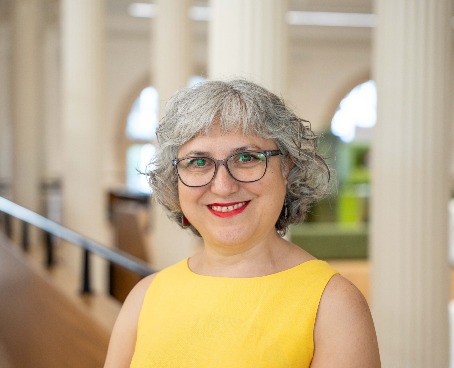
Dr. Sepideh Yousefzadeh Faal Daghati is a Global South academic. Her research interests include children's multidimensional wellbeing, the capabilities approach, women and children’s rights, and decolonization within development, research, and higher education.
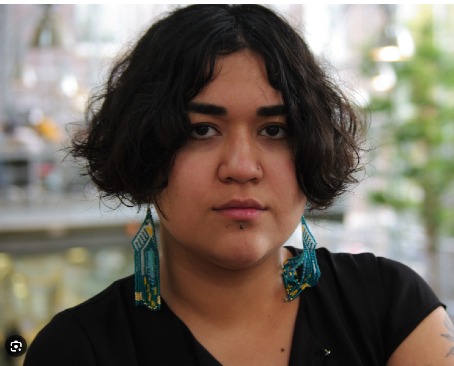
Dr. Donya Ahmadi is Assistant Professor at the Faculty of Arts. Her current research concerns the (re)-gendering of contemporary Iranian historiography by documenting and highlighting the crucial role played by women activists in the political developments of 20th and 21th century Iran.
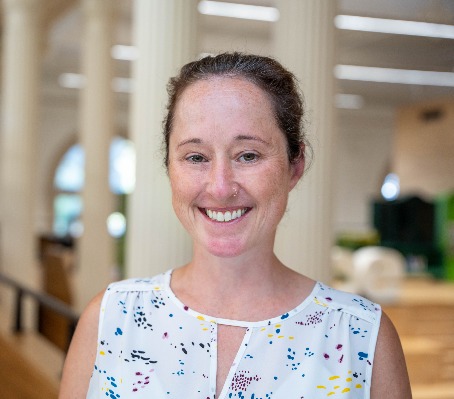
Dr. Meghan Muldoon is a researcher and lecturer at Campus Fryslân. Her expertise combines gender and feminisms, decolonization, and poverty, through the lens of tourism. She is also interested in qualitative approaches to research, in particular arts-based and decolonizing methodologies.
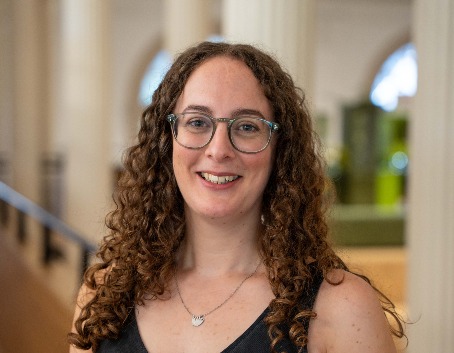
Dr. Maeve McKeown is an Assistant Professor in Political Theory at Campus Fryslân. The question that motivates her research is, Who is responsible for global structural injustice? Through engagement with Iris Marion Young’s “social connection model” of responsibility – the idea that individuals bear political responsibility for structural injustices they are connected to – Maeve explores the responsibilities of individuals, as well as corporate actors. She also has research interests in reparations for slavery and intersectional feminism.

Dr. Sabina Rosenbergová is a postdoctoral researcher and lecturer at Campus Fryslân. She is currently engaged in research that delves into the interconnected realms of cultural heritage, gender studies, and historiography.
Student testimonials
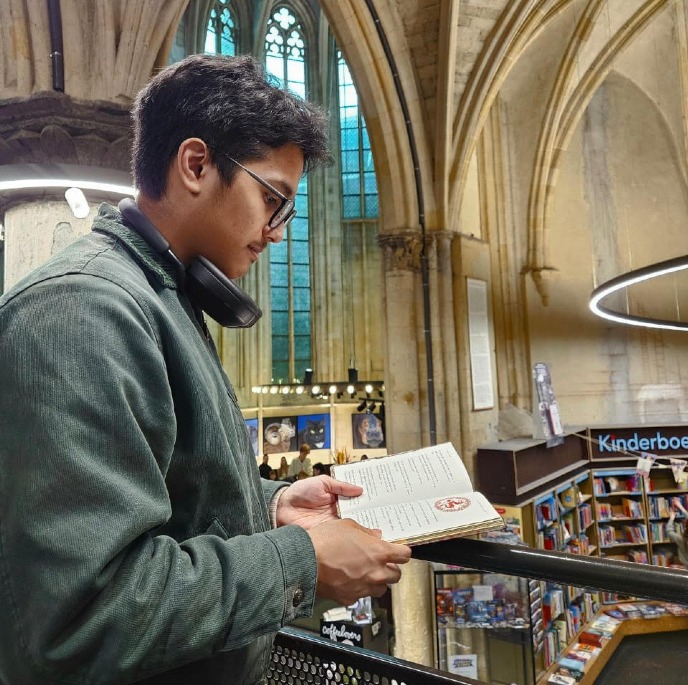
❝As a student from the Faculty of Law, this Minor provided me with terrific insight and comfort on the importance of decolonial thought in our practice. In a world where so much of our politics were shaped by centuries of colonial oppression, it is great to see these ideas dissected through a critical lens. I particularly enjoyed how interactive the classes were -- there was a strong sense of community between the students and the professors, which helped foster critical perspectives as we felt more comfortable to speak about the topics discussed in class. We were granted extreme amounts of freedom to choose how we wanted our final assignments to look; it did not matter if it was a painting, an ethnography, or honest confession insofar as it related to the course material.❞
Muhammad Nabiel Ramadhansyah, bachelor's student at the Faculty of Law

❝The Minor seemed like a great addition to my studies, Global Responsibility & Leadership (GRL). Although we have a range of courses to choose from, I felt like the offered courses would present me with a more critical perspective on the topics I’ve studied throughout my Bachelor’s degree.
The Minor really stands out among most other courses, because it delves deep into fundamental issues that are not discussed enough in academia. To become a global, responsible leader, I found it essential to learn and reflect about decolonial theory.
I loved meeting students from other faculties. Our class discussions were incredibly rich and interesting. Next to this, the course felt like a breath of fresh air amongst many more standardized and Westernized classes I’ve taken so far. It provided me with alternative and critical ways of learning and looking at the world, which definitely made me grow as a person.
I was surprised to learn about some concepts I’ve never heard of before but that are actually deeply woven into many everyday social interactions and culture. We learned a lot about issues of marginalized communities and activism, which we applied to the Netherlands, too.❞
Luisa Hörtnagel, bachelor's student at Campus Fryslân
Examples of art-based assignments
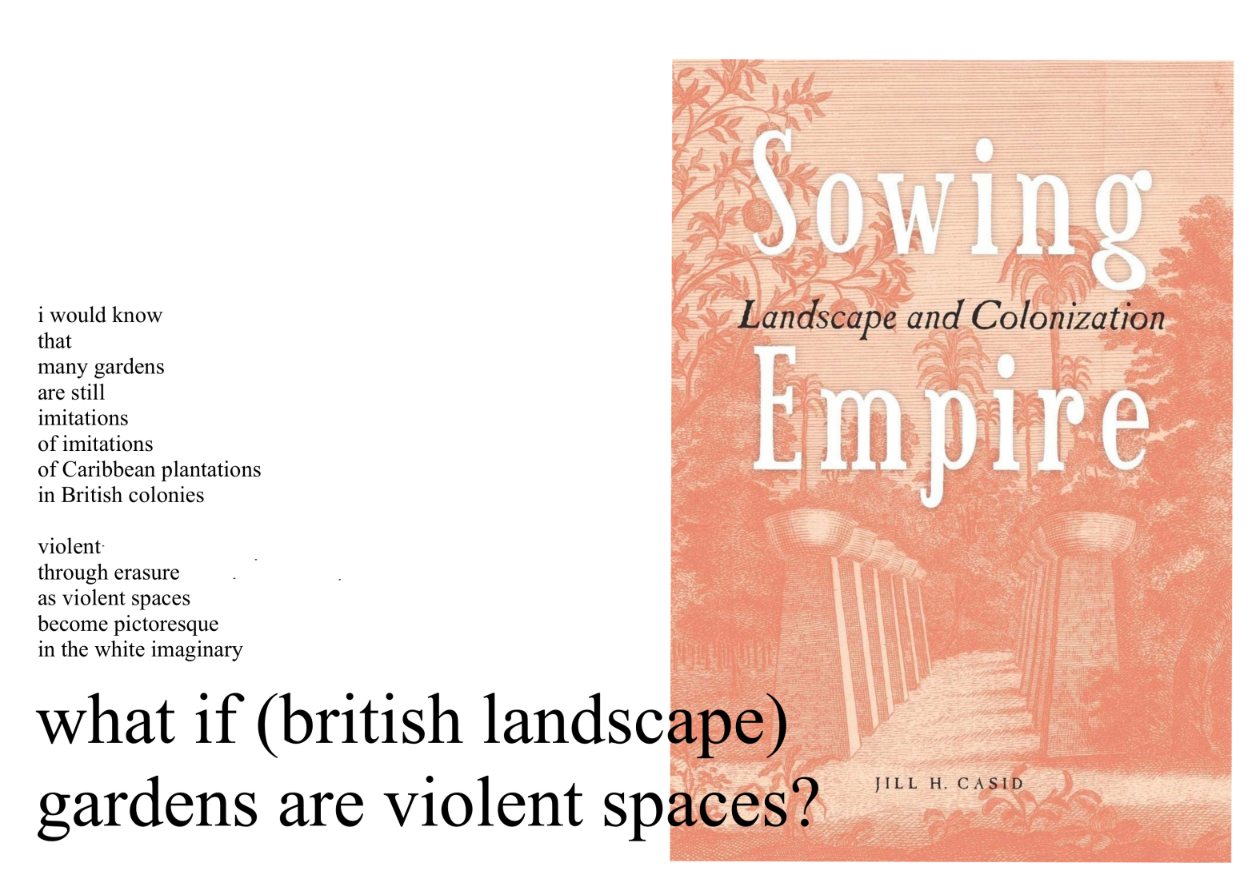
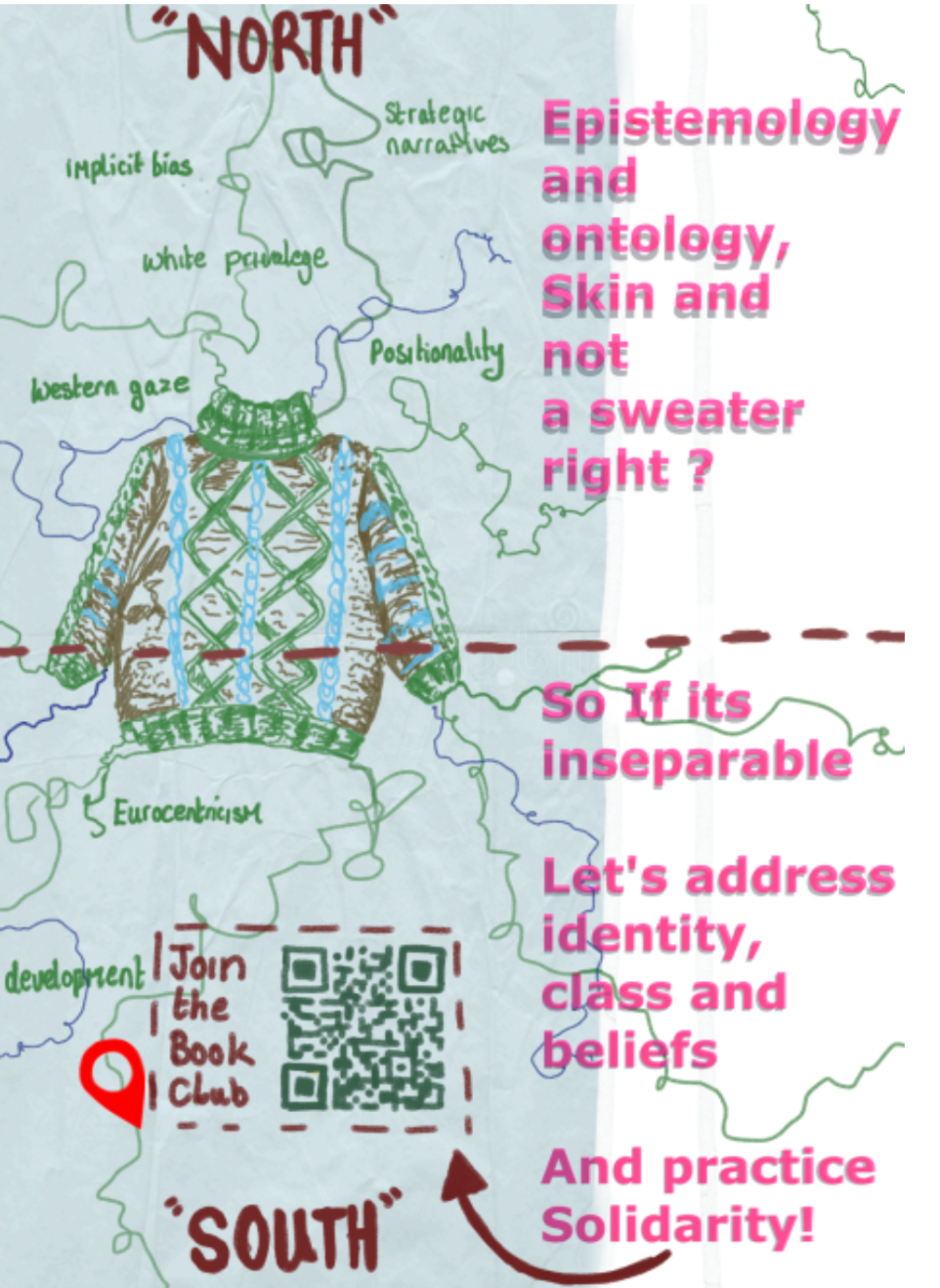
Contacts
If you want more information about the content of the Minor, you may reach out to Meghan Muldoon. For more practical matters (e.g. enrolments, scheduling of the courses etc..), feel free to reach out to Ineke Visser, Minor Coordinator, at cf-minor rug.nl.
*While undoubtedly beautiful, this picture invites us to reflect critically on our gaze and to avoid contributing to the exotification of the Global South. Exotification happens when we view regions of the world, particularly in the Global South, through a lens of stereotypes. This phenomenon results in the creation of simplistic, idealized, and often inaccurate representations of people and cultures, which can then be imposed upon them, perpetuating harmful stereotypes and reinforcing racial biases. These biases, among many others, are the types of attitudes we aim to expose and challenge in our Minor.
**"Development" as a notion is closely reflected upon by scholars from the Global South, including Gustavo Esteva and Arturo Escobar. They argue that in order to pursue development, regions must first be perceived as underdeveloped by those who fund and design development initiatives. As a result, "development" has come to signify backwardness and to serve as a rationale for Western interventions and neocolonialism.
